Cancellara chooses not to use disc brakes in 2016
Trek Segafredo rider to stay on mechanical gears and brakes in his final season
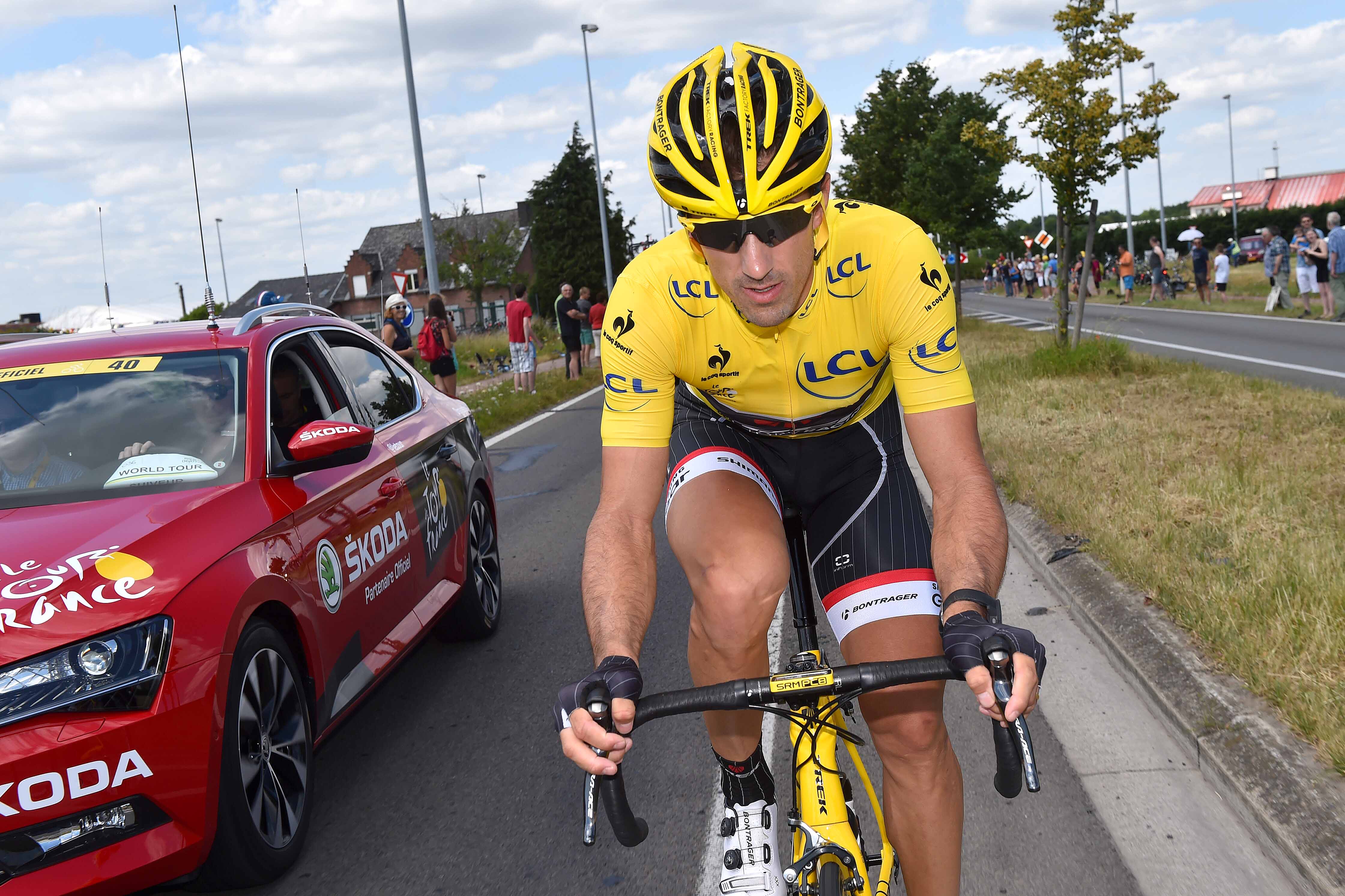
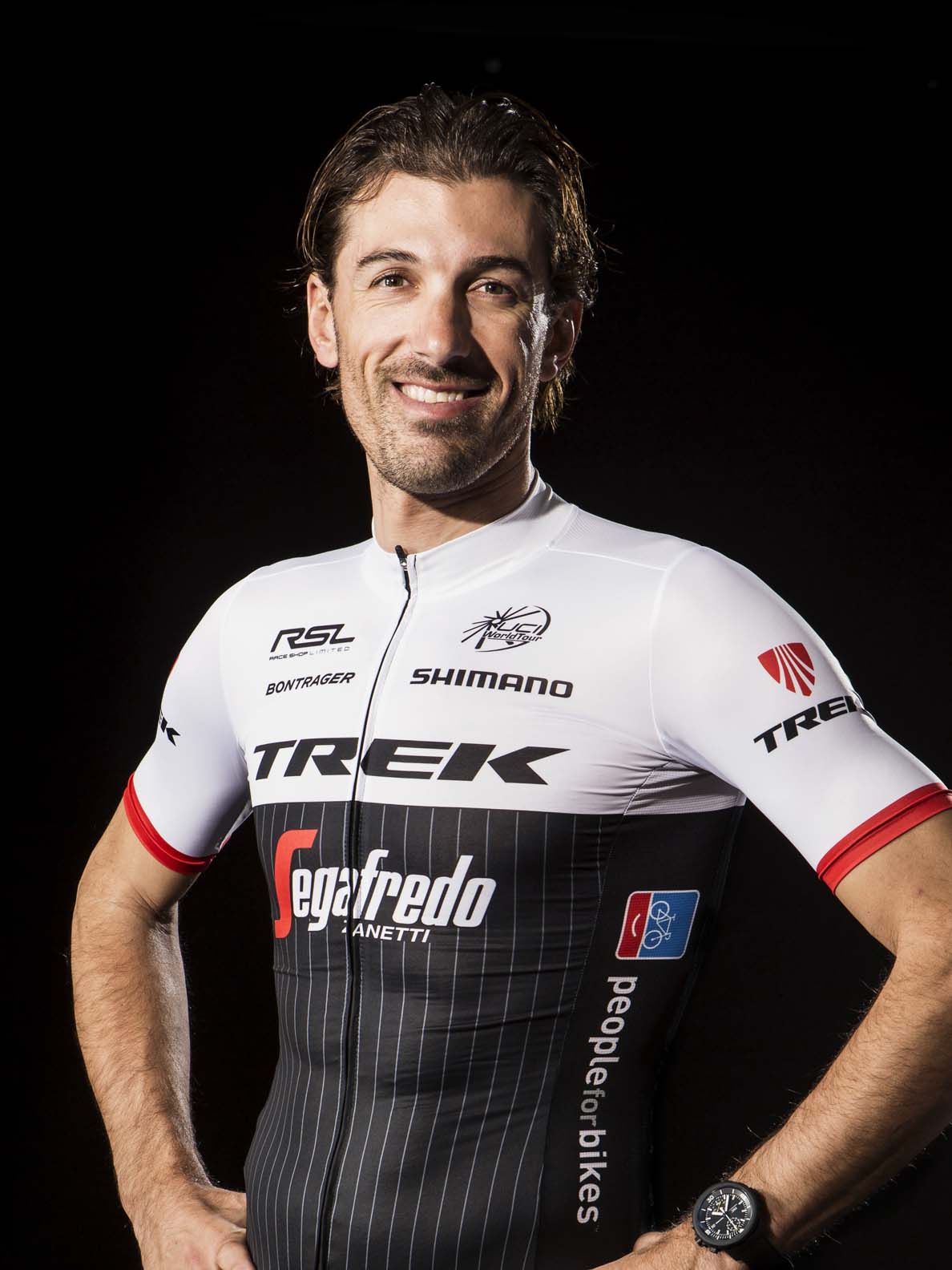
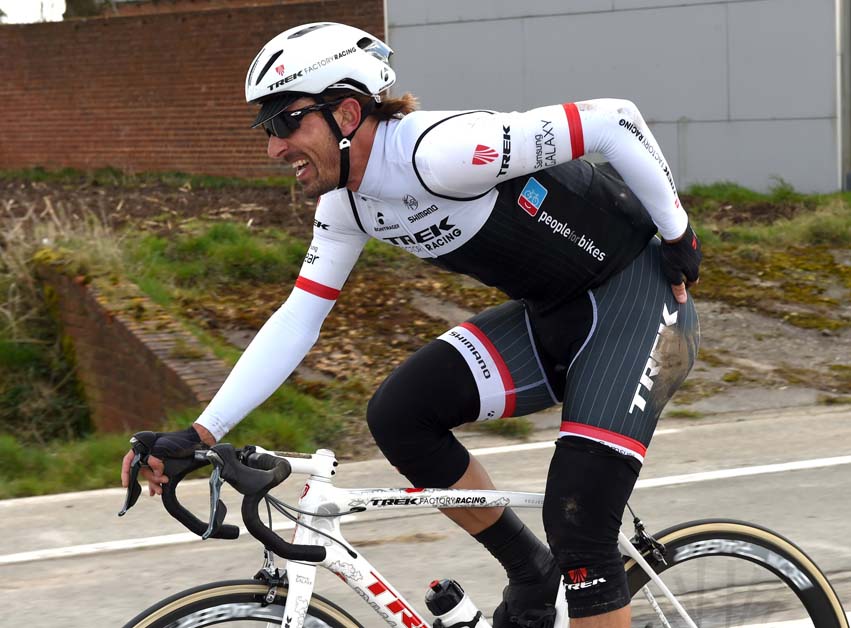
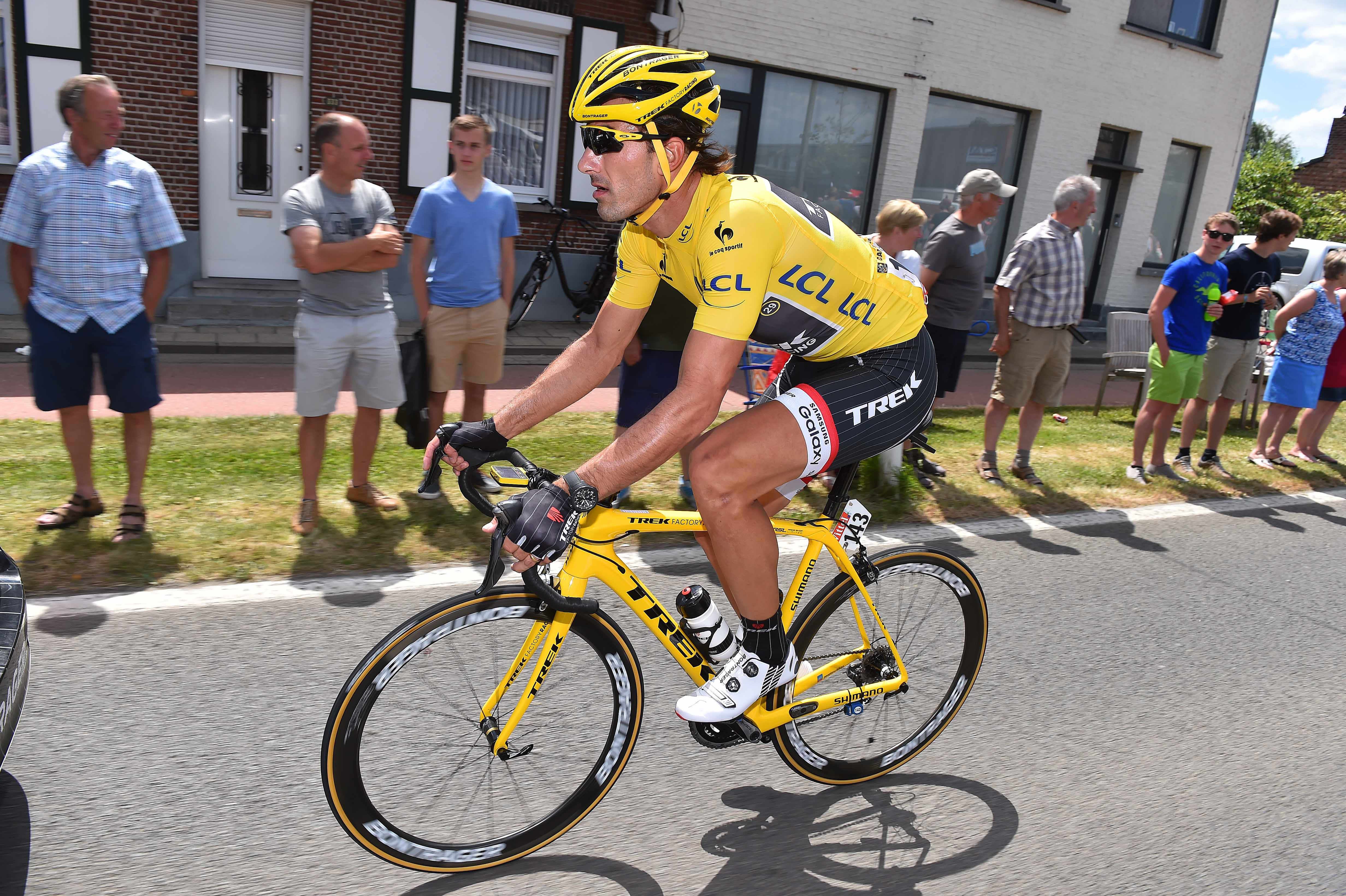
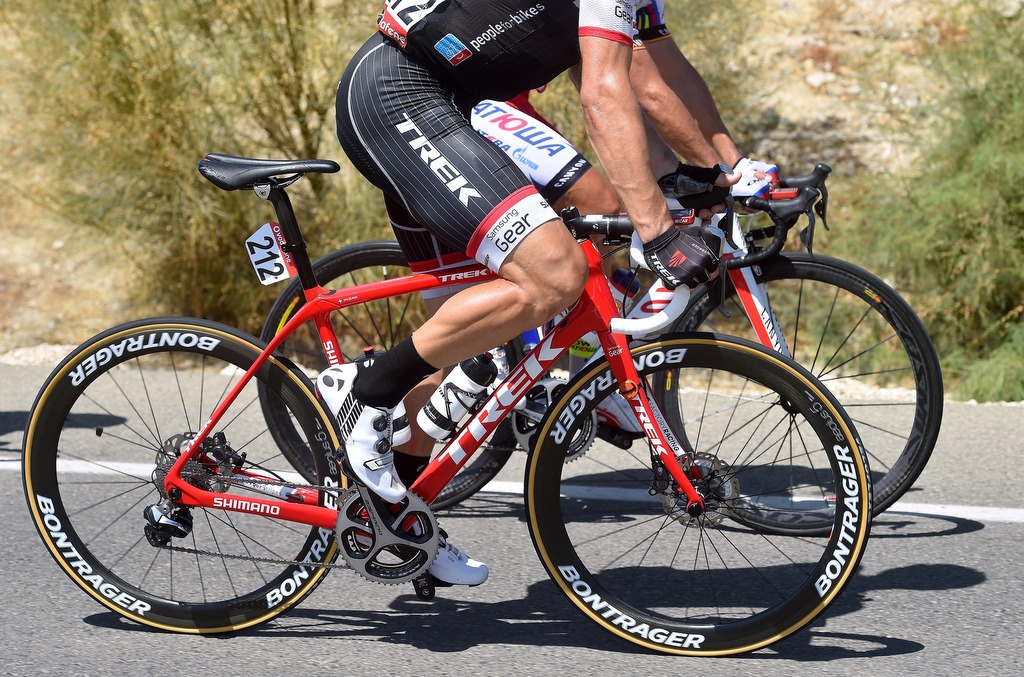
Fabian Cancellara has said he will not switch to disc brakes in his final season, despite new UCI rules sparking a de facto approval for disc brakes in professional peloton in 2016.
Cancellara ready to step up his winter training before final season
Video captures Cancellara’s crash during Trek Factory Racing ride
Q & A: UCI Technical Manager Mark Barfield on road disc brakes and the weight limit
Cancellara confirms Giro d'Italia participation
Segafredo deal will allow Trek to fill hole left by Cancellara's retirement in 2017
Cancellara is a traditionalist and fearful of losing a major Classic due to a technical problem or innovation. He is one of a handful of riders who still use mechanical gears and has no intention of changing his equipment in 2016, despite Trek Segafredo being sponsored by Shimano and Trek having disc-brake-equipped bikes on sale to the public.
A Trek Madone on show at the Segafredo press conference was fitted with direct-mount pivot brakes. Cancellara is convinced that the bike has all the stopping power he needs, despite enjoying winter rides on a disc-brake-equipped Trek Boone cyclo-cross bike in the forest near his home in Switzerland.
Cancellara is one of the first riders to speak about the introduction of disc brakes in 2016.
"I'm not going to change things in my final year. I don't see it as a change that will help me go faster or make me go slower," Cancellara told journalists at the Trek Segafredo event in Treviso.
"We're not expecting to use them in the Classics. It's a technical and a personal decision. I'm the only rider who still uses manual (mechanical) Shimano gears. That's my choice.
"Perhaps one team or supplier may think they're okay while another doesn't think the same thing. The UCI has allowed them but we'll see if it works out. I'm not sure that if we race Milan-San Remo in the rain and someone wins on disc brakes that we'll all say 'Wow! That was the right decision'"
Get The Leadout Newsletter
The latest race content, interviews, features, reviews and expert buying guides, direct to your inbox!
The CPA riders association was involved in the decision to introduce widespread disc brake testing in 2016, despite some doubts about safety from riders. Cancellara is convinced that teams and sponsors will not force riders to use disc brakes just for marketing purposes.
"That wouldn't be nice," he said. "We're the ones out there racing, not the directeur sportif, not the suppliers, the engineers or the UCI. The riders are concerned about the safety aspects, about being cut or burnt by a disc. That's what matters and so I believe people will listen to the riders."
Part of a generation change
Trek Segafredo team manager Luca Guercilena confirmed to Cyclingnews that the team would carry out further tests before deciding on using disc brakes in major races. He said riders would need time to get used to racing with disc brakes, suggesting their introduction will come as a gradual 'generation change' in the peloton.
"It's pretty clear that disc brakes give an advantage when conditions are difficult; they help you stop sooner. That's clear technical advantage in modern professional cycling, where the speeds are very high," Guercilena told Cyclingnews.
"I believe the biggest problem concerning their introduction into the peloton in 2016 is that most of the riders in the peloton have always raced with normal brakes. Using disc brakes will be totally new for them and they'll need to get used to them. Disc brakes represent the future but we'll need time for riders to use them.”
Trek's Markel Irizar was one of the first riders to test disc brakes in the Vuelta a Espana but never got to use them in the rain or in a difficult race such as the Tour of Flanders or Paris-Roubaix. We can perhaps expect some Trek Segafredo riders to use disc brakes in 2016 but as part as further testing.
"At the moment we aren't pushing to use disc brakes at any price," Guercilena confirmed. "We're still studying and testing them. We tested during the Vuelta this year and we'll see how things go in 2016. A lot of things still need to be clarified before a lot of riders switch over to disc brakes."

Stephen is one of the most experienced member of the Cyclingnews team, having reported on professional cycling since 1994. He has been Head of News at Cyclingnews since 2022, before which he held the position of European editor since 2012 and previously worked for Reuters, Shift Active Media, and CyclingWeekly, among other publications.